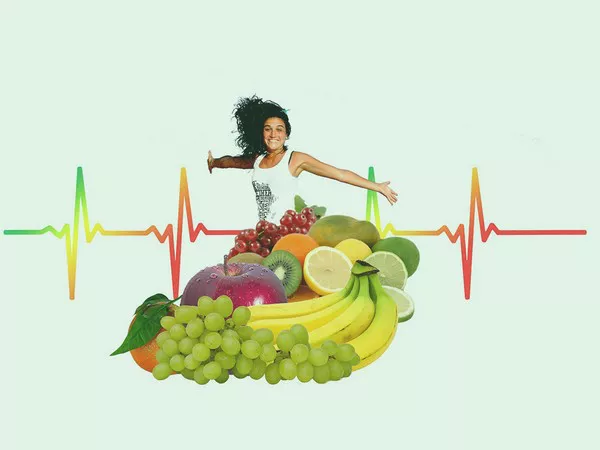As the popularity of “low-carb” diets continues to rise, you may have encountered the perplexing claim that bananas should be avoided due to their sugar content. This assertion often comes from individuals promoting ketogenic diets while indulging in high-sodium processed meats like bacon. While bacon itself isn’t necessarily harmful, the idea of shunning a natural, whole food like bananas in favor of such processed alternatives should be approached with skepticism.
Bananas, a seemingly simple and sweet fruit, have generated substantial confusion, particularly among those monitoring their sugar intake, including individuals with diabetes. Here’s the factual breakdown on bananas, dispelling any misconceptions about America’s favorite fruit.
According to the U.S. Department of Agriculture (USDA), a medium-sized banana contains approximately 27 grams of total carbohydrates. For context, a medium-sized banana typically measures around seven to eight inches in length and weighs approximately 120 grams with the peel.
These 27 grams of carbohydrates in a banana encompass starch, fiber, and sugar. Among these, the total sugar content in a banana is 14.4 grams, primarily composed of three sugar types: sucrose, glucose, and fructose.
Comparing this sugar content to a standard can of soda, a banana contains slightly less than half the sugar content. However, a crucial distinction lies in the carbohydrate makeup. Bananas contain complex carbohydrates in the form of starch and fiber, which slow down the body’s absorption of sugars. Consequently, this leads to a gradual and less dramatic increase in blood sugar levels compared to the rapid spike caused by sugary beverages.
This slower impact on blood sugar levels is reflected in the low ranking of bananas on the Glycemic Index scale, as noted on Harvard University’s public health blog. The Glycemic Index measures how quickly a specific food can elevate overall blood glucose levels.
It’s worth noting that the sugar content in bananas undergoes changes as they ripen. Bananas in the early stages of ripeness have a higher starch content, which gradually converts to sugar as they ripen further. Consequently, fully ripe bananas, recognizable by their speckled peel, exhibit the highest sugar content, consistent with their sweeter taste.
While the higher carbohydrate and sugar content in bananas might raise concerns, overlooking them can result in missing out on essential vitamins and minerals crucial for a balanced diet. San Diego-based Certified Nutritionist Meghen Bishop emphasizes that bananas are “a fibrous snack that is much healthier than eating white bread or chips.” With their nutritional value, completely excluding bananas from your diet might not be the best choice.
Concerning diabetes, there is a legitimate consideration regarding foods that could moderately elevate blood glucose levels. However, a peer-reviewed pilot study from 2014 found that “a banana a day is harmless both in diabetic and hypercholesterolemic (high cholesterol) volunteers and marginally beneficial to the latter.”
Bishop suggests that for individuals with diabetes, banana consumption should be assessed in the context of the overall meal. Excessive consumption of a large bowl of mixed fruits, especially without accompanying protein, may not be advisable for most individuals.
Of course, if you have diabetes, consulting with your physician or a licensed nutrition professional is always a prudent step.

































